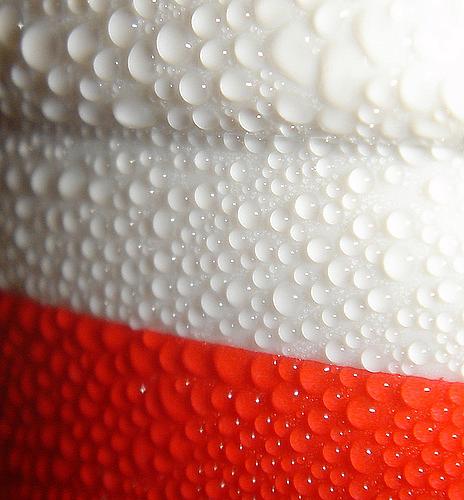A Big Gulp Ban on Oversized Sodas

 Sugar: New York City has proposed a ban on sugary drinks over 16 ounces. More than half of adults in New York are overweight and experts think that sugar in drinks is responsible, in part, for the rising rate of obesity, reports Michael M. Grynbaum for the New York Times.
Sugar: New York City has proposed a ban on sugary drinks over 16 ounces. More than half of adults in New York are overweight and experts think that sugar in drinks is responsible, in part, for the rising rate of obesity, reports Michael M. Grynbaum for the New York Times.
Health Reform: Oregon is radically shifting the way health care is provided, doing away with most fee-for-service payments and creating a single coordinated-care organization for each city. Unions and businesses alike are supporting the experiment, reports Kristian Foden-Vencil for Oregon Public Broadcasting.
Menopause: Healthy post-menopausal women shouldn't use hormones to prevent bone fractures and heart disease the U.S. Preventive Services Task Force recommended, because the health risks outweigh the benefits. This recommendation does not apply to women who use hormones to improve their quality of life, reports Melissa Healy for the Los Angeles Times.
Chagas Disease: Chagas, a relative of sleeping sickness, is spreading through the Americas. It is often impossible to cure, reports Donald G. McNeil Jr, for the New York Times.
Hypertension: Doctors are pioneering a drastic intervention for the treatment of high blood pressure, that burns away nerves around the kidneys, reports Lauran Neergaard and Matthew Perrone for the AP. This story got a rare five-star rating from Health News Review.
Want more from Reporting on Health? Join us, sign up for our newsletter, like us on Facebook or follow us on Twitter. Check out our Tumblr, too!
Photo credit: Woody Thrower via Flickr

